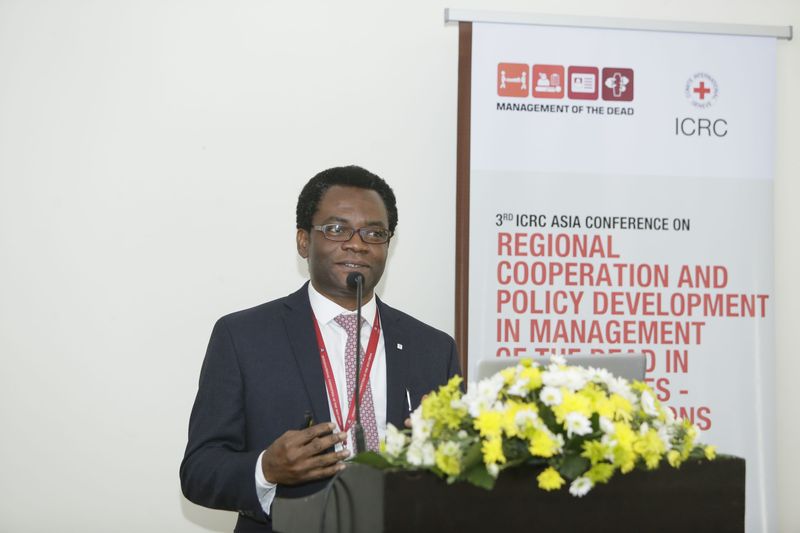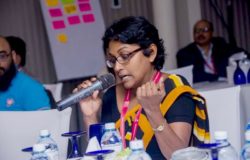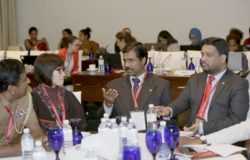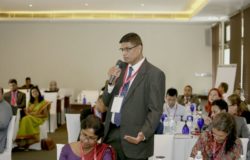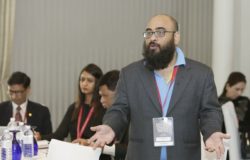The 3rd Asia Conference on Regional Cooperation and Policy Development in Management of the Dead in Emergencies was held in Colombo, Sri Lanka 22-23 May 2018. Thirty senior forensic specialists and policymakers from Asia deliberated on identifying ways to continue to develop policies and strategies for the management of the dead in emergencies.
Organised by the International Committee of the Red Cross (ICRC), the conference hosted participants from Afghanistan, Bangladesh, India, Indonesia, Nepal, Pakistan, Timor Leste, Vietnam and Sri Lanka. They represented regional disaster management agencies, Red Cross and Red Crescent societies and other organisations working in this field.
“During a disaster most management is concentrated on the search, rescue and the treatment of survivors. This happens everywhere, I think. The next priority is given to the management of the dead. It is established that the proper management of the dead is one of the key components of the management of the dead in disasters,” said Dr Ajith Tennakoon, Director of Institute of Forensic Medicine and Toxicology, Ministry of Health, Sri Lanka.
Elaborating the related concerns, Dr Jayanie Weeratna, Forensic Odontologist, Institute of Legal Medicine and Toxicology, Sri Lanka, said, “For the dignified management of the dead it is important not to rush because after all the search and rescue phase is over. It is prudent to wait and follow the rules. This way, the tendency to avoid mistakes such as incorrect identification is reduced.”
The range of issues discussed at the conference included mechanisms to strengthen medico-legal systems because these play a key role in identifying victims, the needs of families and relatives of disaster victims and the requirements of teams involved in response activities.
“In Asia, thousands of people die or go missing during disasters, both natural and man-made. Their families suffer terribly due to the uncertainty about what has happened to their loved ones. This uncertainty often prevents them from mourning properly or resuming their life,” said Gerard Peytrignet, head of delegation, ICRC Sri Lanka.
Dignified and proper management of the dead in disasters is fundamental to helping families establish the whereabouts of their loved ones and mourn their death.
Quoting the famous words of British Judge Charles Haddon-Cave, Uwom Eze, ICRC Forensic Coordinator for India, Nepal, Bhutan and the Maldives, affirmed, “The care with which our dead are treated is a mark of how civilised a society we are… For this reason there is special responsibility placed on those entrusted with this work and the authorities.”
The first regional conference was held in Sri Lanka in 2016, followed by Nepal in 2017.
Below are some photos from the conference (©ICRC):


